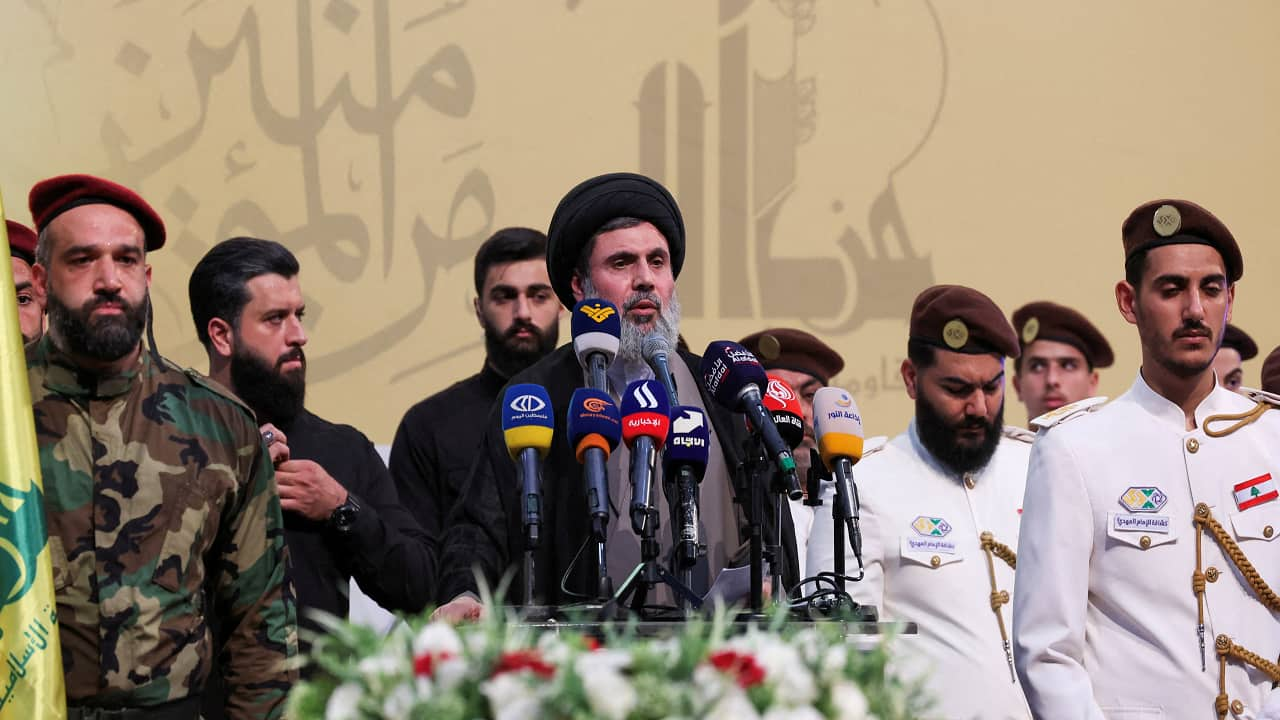 |
|
The escalating tensions between Israel and Iran reached a new level this week with Iran's second missile attack on Israel. This attack, occurring just days after Israel assassinated the leader of the Iran-backed Lebanese militant group Hezbollah, has been met with a resolute response from Israel. Syrian President Bashar al-Assad, who is a close ally of Iran, has hailed the missile attack as a 'lesson' for Israel, highlighting the growing strategic alliance between the two countries. The attack highlights the ongoing regional conflict between Israel and Iran, with both sides utilizing military force and political maneuvers to advance their interests.
The recent attack underscores the complexity of the situation in the Middle East. Iran's actions are a direct challenge to Israel's security and threaten to further destabilize the region. Israel has a long history of retaliating against attacks on its territory, and the current situation suggests that a strong response is likely. The implications of this conflict extend beyond the immediate region, as global powers like the United States and Russia have been drawn into the fray, attempting to mediate and exert their influence.
The current situation is a testament to the volatile nature of the Middle East. The conflict between Israel and Iran is deeply rooted in historical grievances, religious differences, and geopolitical ambitions. The future of the region remains uncertain, with the potential for further escalation and conflict remaining a constant threat. The international community faces the difficult task of navigating this complex situation, seeking a resolution that can bring peace and stability to the region.
Source: Israel-Iran War Live: Israel military official says 'preparing response' to Iran attack
